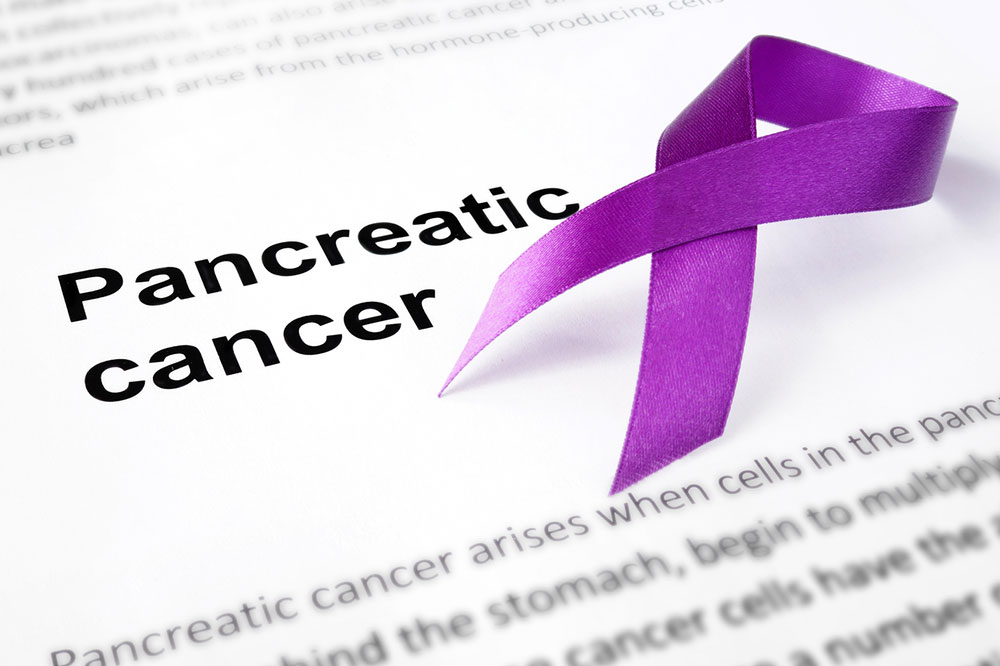
The Genetic Factors of Pancreatic Cancer
Pancreatic cancer is very prevalent in the country. As per estimates, more than 60,000 people will be diagnosed with the disease in 2021. But what causes cancer in the pancreas? Well, there are several reasons behind it. Here, we will understand the genetics and hereditary factors of pancreatic cancer.
1. How genetics causes pancreatic cancer?
Regardless of type, all cancers are genetic. DNA is present in a single cell in the body, and each DNA has several genes. Cancers start when the DNA changes or “mutates” as the cells divide and go haywire. Thus, pancreatic cancer is also caused by genetic mutations.
2. What are the types of mutation?
The mutation can be of two types: hereditary/inherited or acquired:
- Hereditary: These mutations are passed down from parents to their offspring. It is triggered while the fetus grows in the womb. The child can, in turn, pass on the disease to the next generation. So hereditary cancer implies that the disease runs in the family. Only 10 percent of pancreatic cancers are hereditary.
- Acquired mutations: Here, the child is not born with the mutated genes. However, the mutation develops over the person’s lifetime, mainly due to exposure to environmental factors like smoke, chemicals, or the sun’s UV rays. These mutations are not passed on from parents to their heirs.
3. Mutation of which genes cause pancreatic cancer?
Some of the inherited gene syndromes related to pancreatic cancer are listed below:
- Familial pancreatitis: caused by PRSS1 gene mutations
- Hereditary ovarian and breast cancer syndrome: caused by the BRCA2 and BRCA1 mutations
- Peutz-Jeghers syndrome: develops due to the STK11 gene mutations
- Familial adenomatous polyposis: an outcome of the bad APC gene
- Von Hippel-Lindau syndrome: occurs because of the VHL gene mutation
Besides the above, mutations in the NF1, p53 gene, MSH2 or MLH1, and MEN1 genes can also trigger pancreatic cancer.
4. What are the hereditary risk factors for pancreatic cancer?
As mentioned, hereditary pancreatic cancer implies that cancer runs in the family. In this case:
- Three or more relatives have the disease on either the paternal or maternal side.
- Minimum two close relatives, such as a child, parent, or sibling, have or had pancreatic cancer.
- One or more known family cancer syndromes and one family member has the disease.
5. What should one do if they have hereditary cancer risk?
When a genetic counselor believes that one’s risk of developing the disease is high, they advise the patient to enroll in surveillance programs, take part in the family or genetic registries, and go for a yearly imaging scan after turning 50. However, a person can start scans sooner if pancreatic cancer has already affected a family member earlier.
It must be noted that genetics and hereditary are not the only risk factors of pancreatic cancer. Many other things put a person at risk of developing the disease. Also, simply having these risk factors does not mean that one will get pancreatic cancer, and people should speak to health experts to assess their risk levels from time to time.



